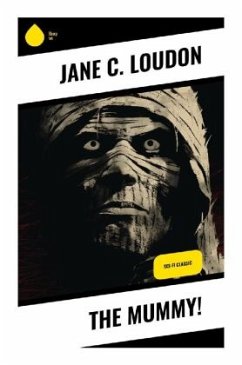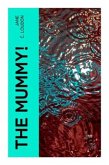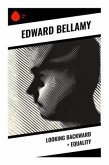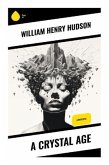Jane C. Loudon's "The Mummy!" is a captivating Gothic novel that weaves together themes of resurrection, identity, and the supernatural. Published in 1827, the book is set against the backdrop of an increasingly industrialized society, reflecting contemporary anxieties about science and its impact on human existence. Loudon's narrative style is marked by rich descriptions and a vivid imagination, drawing readers into a world where the boundaries between life and death blur, ultimately exploring the implications of immortality through the shocking discovery of an Egyptian mummy. The novel operates within the literary context of the early 19th-century fascination with antiquity, combining elements of horror and romance while demonstrating an early interest in the interplay between gender and power. Loudon, an accomplished writer and botanist, was notably one of the first women to gain prominence in the male-dominated literary landscape of her time. Her background in botany and gardening, along with her engagement with the Romantic movement, informed her imaginative exploration of natural and supernatural themes in her work. As a female author, she also navigated the complexities of her societal role, which influences her portrayal of female characters and their struggles within an oppressive framework. "The Mummy!" offers a unique lens through which to examine early 19th-century cultural anxieties and gender dynamics. Readers seeking an intriguing blend of Gothic horror and thought-provoking commentary will find Loudon's novel both entertaining and enlightening, making it a valuable addition to the canon of early Gothic literature.
Bitte wählen Sie Ihr Anliegen aus.
Rechnungen
Retourenschein anfordern
Bestellstatus
Storno








